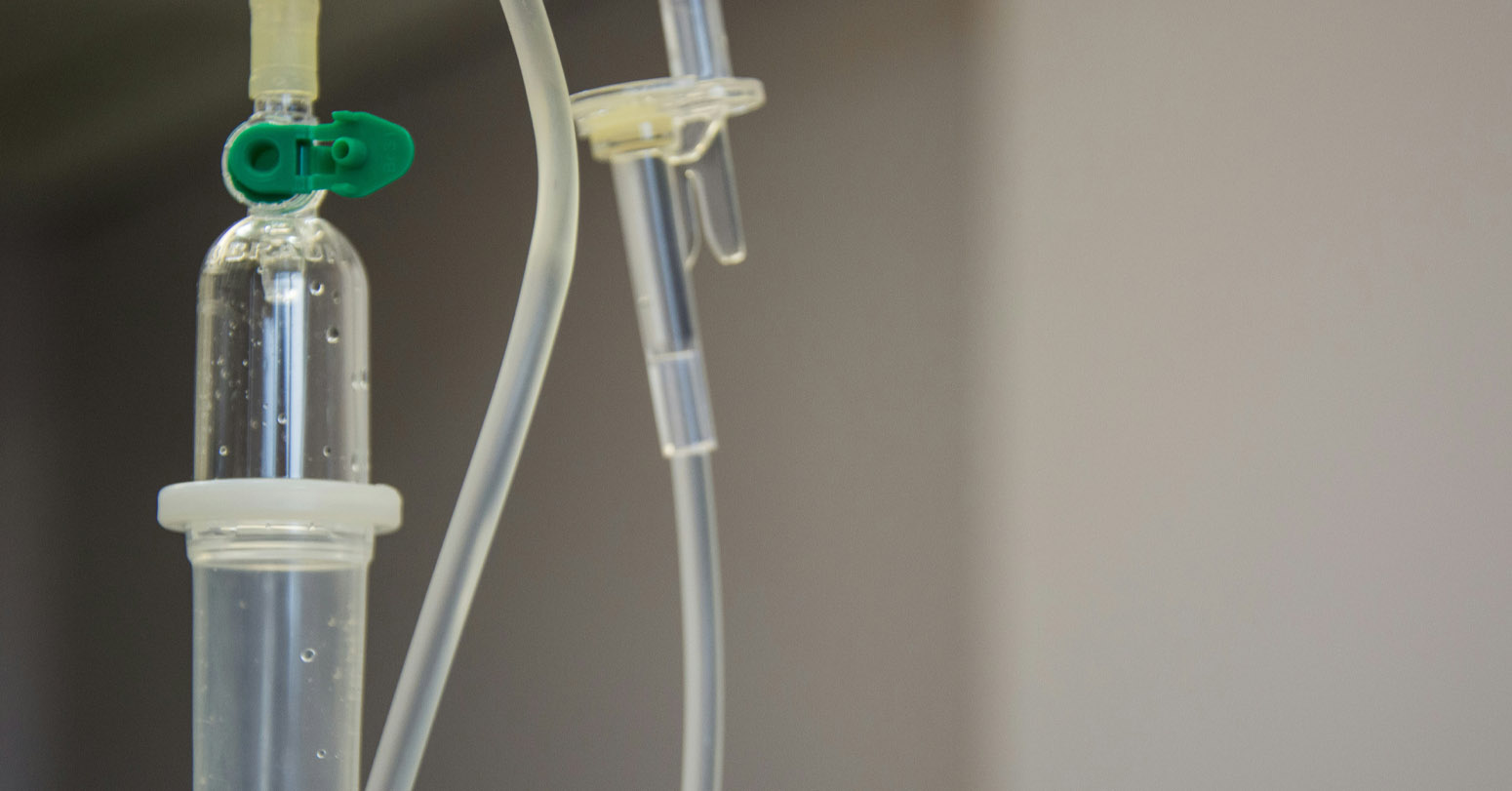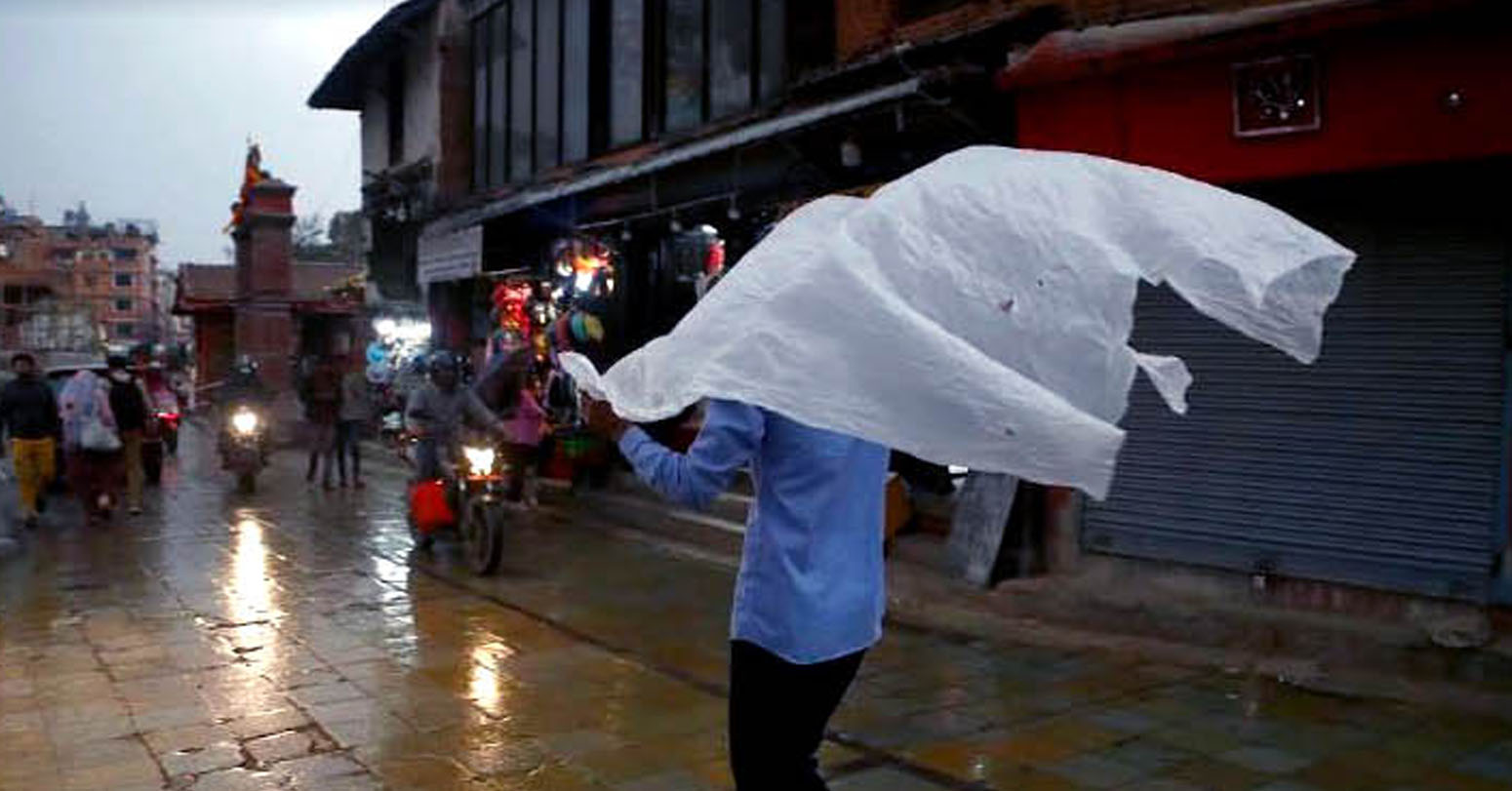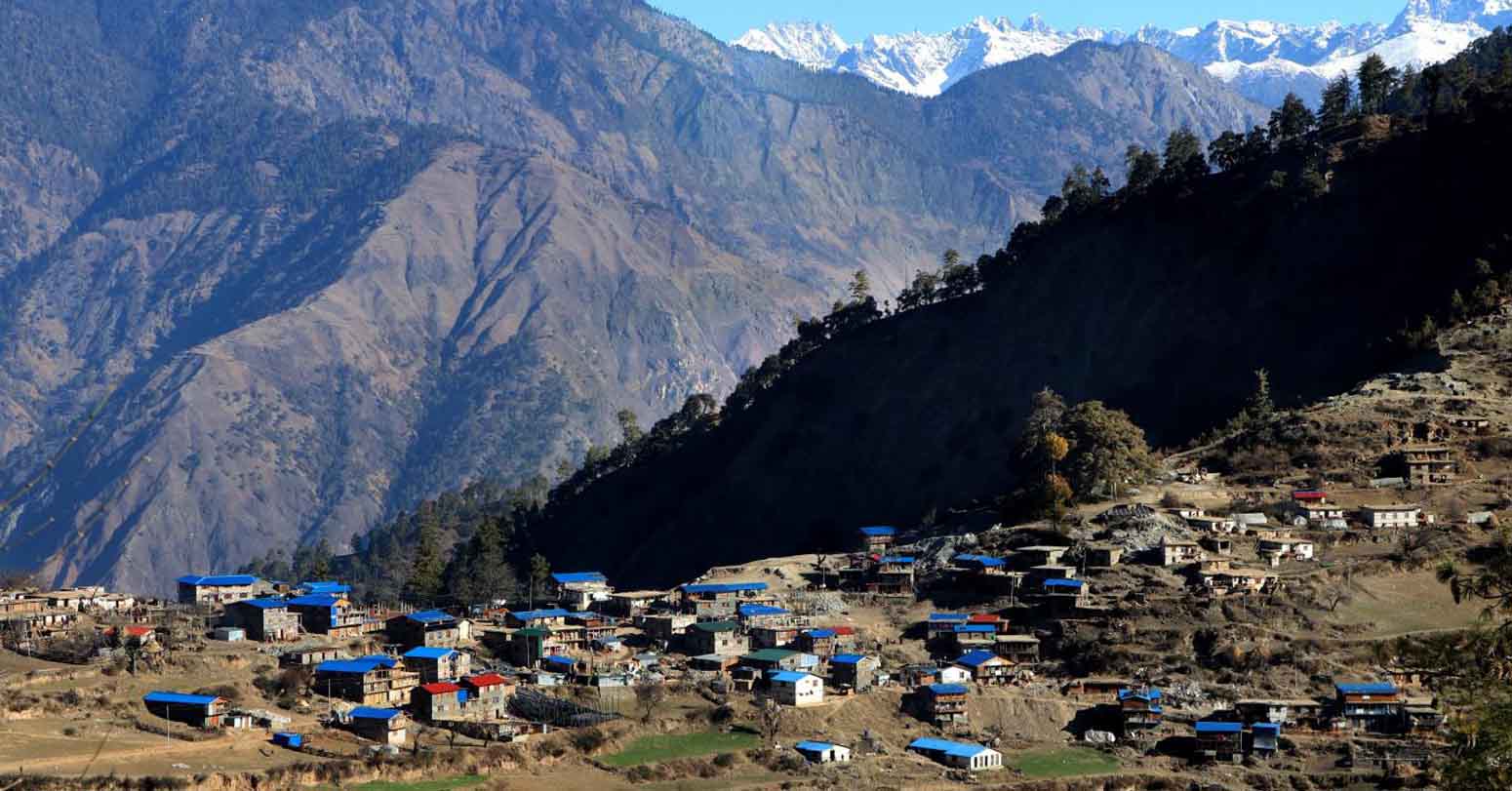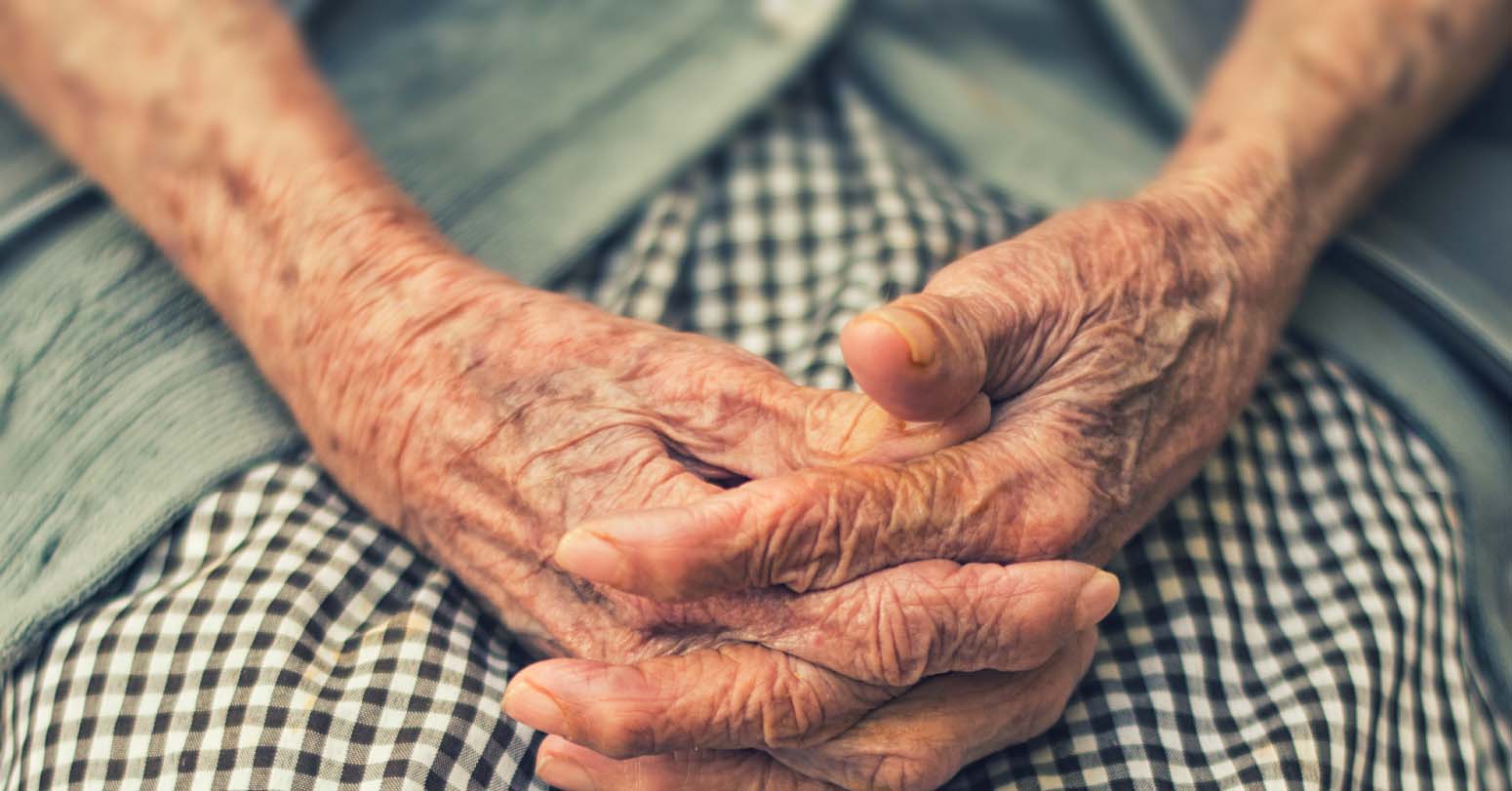
As many as 14 people died of infection from Japanese encephalitis.
Chief of the Child Health and Immunization Section of the Family Welfare Division under the Health Service Department Dr Abhiyan Gautam informed that Japanese encephalitis has so far claimed 14 lives.
According to Dr Gautam, at least 61 people have been found infected of Japanese encephalitis. The examination of all the samples was undertaken in the National Public Health Laboratory.
He urged the general public to take high precautionary measures as there is a high risk of Japanese encephalitis from August 31 to October 1.
Japanese encephalitis is usually seen from July to October, but the 'Culex' mosquito of the female species that transmit Japanese encephalitis breeds eggs in the accumulated water area, so there is a risk till October 1.
In the water reserved in the paddy fields during the month, these species of mosquitoes produce eggs and thereby transmit infection to themselves by biting pigs and ducks, and these infected mosquitoes transmit disease after biting people.
The 'Culex' mosquito thrives in the wastewater. The Japanese Encephalitis 'Culex' mosquitoes show symptoms for 6 to 16 days after being bitten. Since 2016, the government has been vaccinating 12-month-olds against Japanese encephalitis.
Japanese encephalitis is most common in children under the age of 15. After being bitten by mosquitoes, there are severe headaches, high fever, paralysis, and stiff throat.
To avoid mosquito bites, one needs to sleep only by hanging a swing, keep pets like ducks, chickens, pigs away from home, wear full-sleeved clothes when going out of the house or working in the fields, keep nets in the windows and doors of the house, fill pits to store water around the house, burn incense or apply ointment to drive away mosquitoes.

















Middle-aged man spends millions to
Breathing The Unbreathable Air
Comprehensive Data Protection Law Critically
Gender Differences In Mental Healthcare
Dr. Dharam Raj Upadhyay: Man
Erosion of Democracy